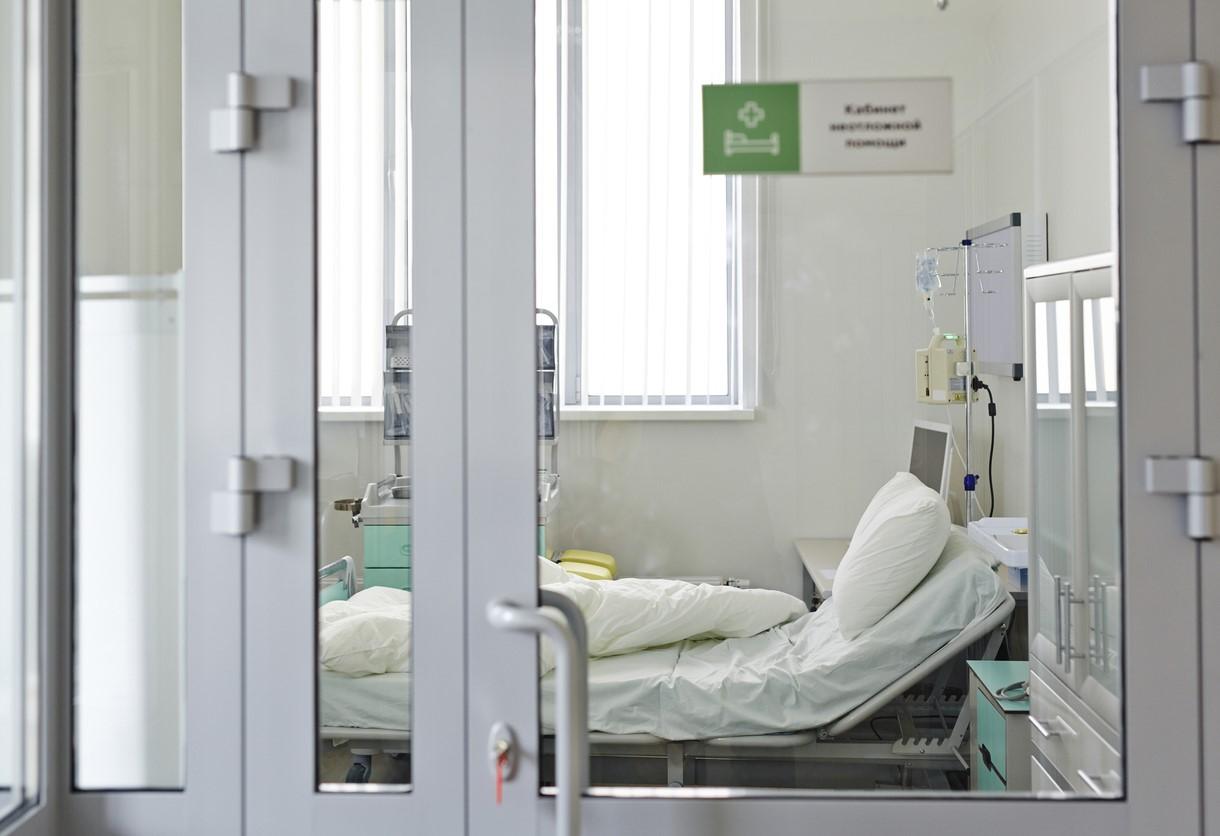The world reported about 9 million COVID-19 cases last week, with cases dropping across all regions for the second week in a row, the World Health Organization (WHO) said yesterday in its latest weekly update.
Meanwhile, parts of Asia are still on guard against later occurring Omicron variant surges, especially in China, where Shanghai remains on lockdown, and in Taiwan, where cases are on the rise though still low.
BA.2 dominant in all world regions
Of cases last week, the countries reporting the most are in Asia and Europe—South Korea, Germany, France, Vietnam, and Italy.
Deaths, typically a lagging indicator, declined sharply last week, down 43%. The United States reported the most, followed by Russia, South Korea, Germany, and Brazil.
Of SARS-CoV-2 samples sequenced in the last month, 99.8% were the Omicron variant, and of the sequenced Omicron samples, 93.6% were the more transmissible BA.2 subvariant. The WHO noted that BA.2 is dominant in all world regions, but it has increased later and at a much slower rate in South America.
The WHO said patterns should be interpreted with caution, owing to drops in testing, sampling, and sequencing.
China's cases surge, mostly asymptomatic
China reported 20,582 new local cases today, 19,199 of them asymptomatic. Of the symptomatic cases, 70% are in Jilin province, where outbreaks are affecting two of its biggest cities, Jilin City and Changchung.
Shanghai reported 311 symptomatic cases, which makes up 22% of the country's total. In that city, where a lockdown of its 26 million residents has been extended, officials slightly relaxed a controversial quarantine policy that separated COVID-positive kids from their parents, according to Reuters. Officials said parents of special-needs children who test positive can stay with their parents, if certain protocols are followed.
Elsewhere in Asia, cases in Taiwan—known for its strong COVID response—are rising slowly, with 281 local cases reported today, fueled by the Omicron variant, according to Reuters. Cases are at their highest level since last June.
The island is in the process of reopening. Officials have kept the mask mandate, including when outdoors, and about 80% of the population has had two vaccine doses.
In other global developments:
- German Health Minister Karl Lauterbach today reversed a policy that would have ended mandatory isolation for people with COVID-19, according to Deutsche Welle. He said dropping obligatory isolation would have decreased the burden on local health officials, but it sends the wrong signal. "Corona is not a cold," he said.
- Japan lifted its entry ban on people from 106 countries, including the United States.
- The European Centre for Disease Prevention and Control (ECDC) and the European Medicines Agency today weighed in on fourth mRNA vaccine doses, saying that it's too early to consider using them in the general population. The agencies, however, said a fourth dose can be given to adults age 80 and older and that they will continue to monitor data on severe illnesses and epidemiologic changes in older adult age-groups. "As re-vaccination campaigns could start in the autumn, authorities will consider the best timing for additional doses, possibly taking advantage of updated vaccines," they said.






















